Imagine if your pharmaceutical website popped up first every time a doctor Googled a medication. That’s the power of SEO, and it’s no joke in the competitive world of pharmaceuticals. In an industry where digital presence is crucial, mastering SEO can be the difference between being a hidden gem and a leading source of information. With the right strategies, your pharmaceutical company can increase its visibility and establish trust and credibility in a highly regulated field. This is where Plerdy comes into play, offering insightful analytics to enhance your website’s performance. Dive into the world of SEO for pharmaceuticals and discover how to elevate your digital footprint effectively.
Understanding the Unique Landscape of Pharma SEO
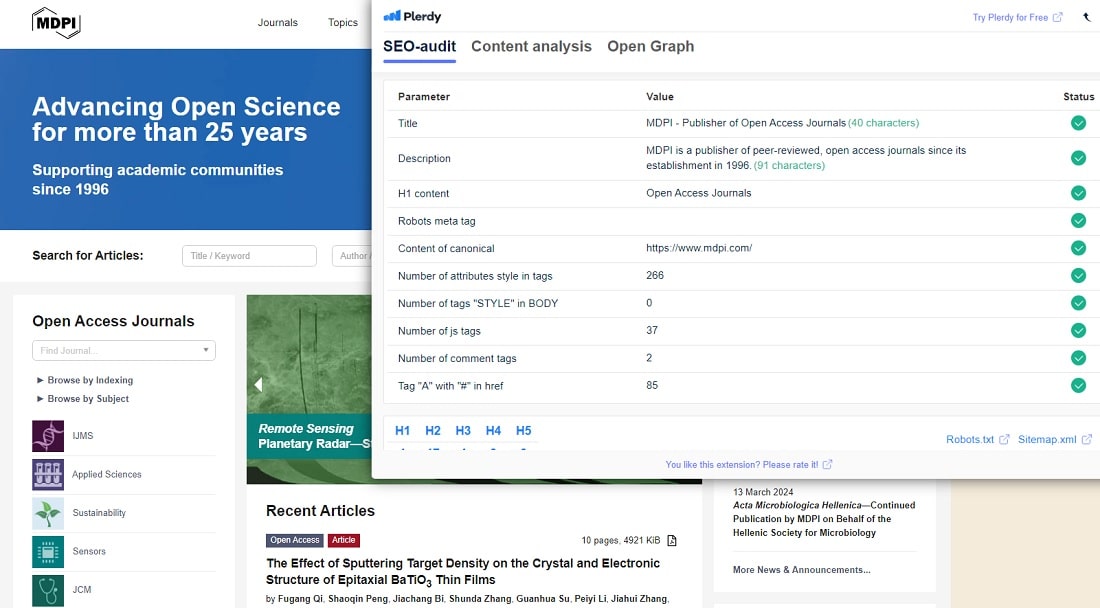
SEO in the pharmaceutical sector isn’t just about being visible; it’s about being relevant and trustworthy. In an industry where a single search can impact health decisions, understanding the unique landscape of pharma SEO is more than just a strategy. It’s a responsibility.
The Role of Online Search in Pharma
Online searches are vital to healthcare professionals’ and patients’ decision-making processes in the pharmaceutical world. With over 72% of internet users seeking health information online, as per a Pew Research study, the stakes are high. This is about more than just visibility; it is about providing accurate, reliable information. Healthcare professionals rely on these searches to stay abreast of the latest treatments and drug information, while patients often turn to the web to understand their conditions and treatment options. This dual audience makes SEO for pharmaceuticals complex and crucial for patient care and drug promotion.
Key SEO Challenges for Pharma Companies
Navigating the challenges of pharma SEO requires a nuanced understanding of the regulatory environment and the target audience’s specific needs. One major hurdle is adhering to strict industry regulations and guidelines, such as those set by the FDA or EMA, which govern what can be said about medications and treatments. This legal landscape balances content creation between being informative and compliant.
Additionally, the highly competitive nature of the pharmaceutical industry means that companies must work smarter to rank higher than their competitors. Search Engine Journal says the appropriate keywords can make a big difference. Still, they must be chosen carefully to reflect user intent and compliance with regulations.
Pharma companies must also tackle the technical aspects of SEO, ensuring their websites are informative, user-friendly, and accessible, considering their audience’s varying levels of health literacy.
Pharma SEO is a unique field that demands a deep understanding of the industry’s regulatory framework and the diverse needs of its online audience. By addressing these challenges head-on, pharmaceutical companies can create an SEO strategy that boosts their visibility and supports the important goal of informed healthcare decision-making.
Pharmaceutical Marketing and SEO: Mastering Keyword Research
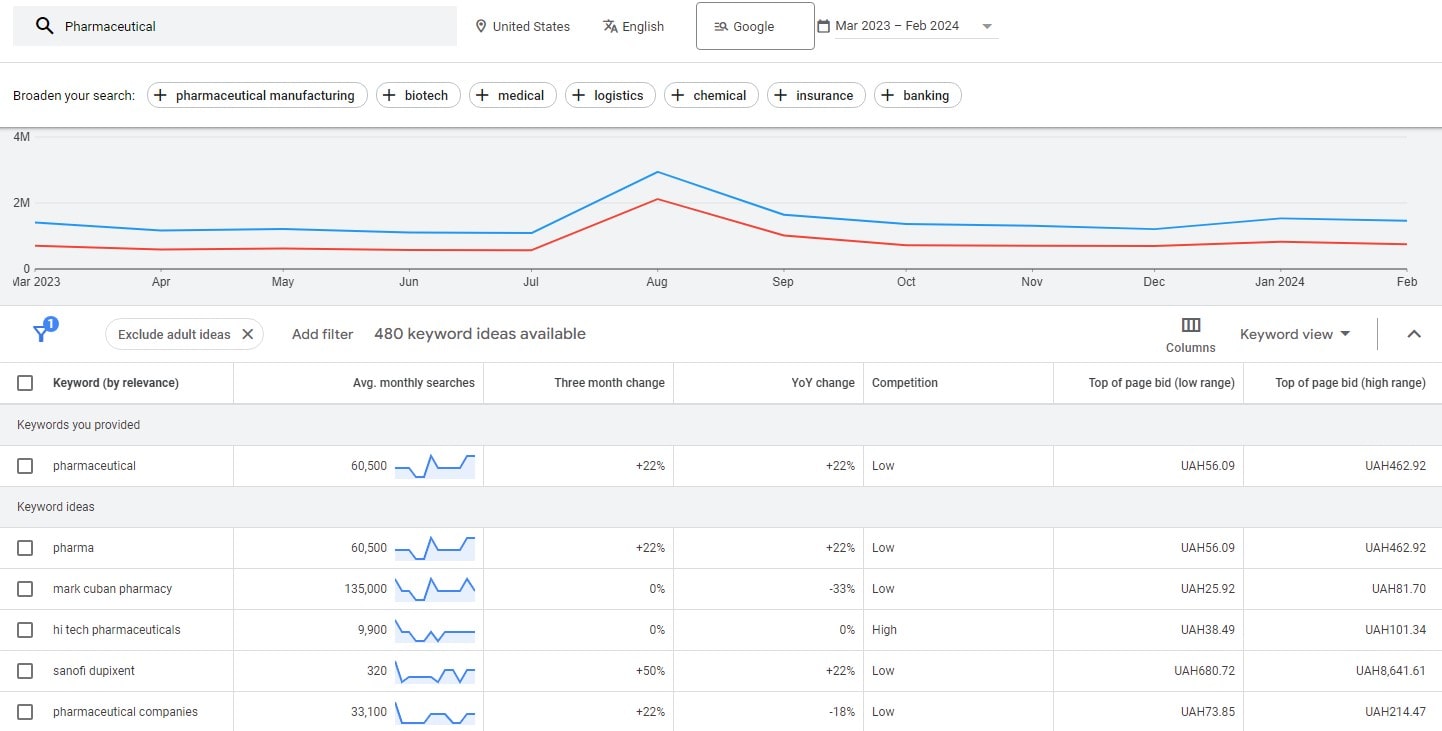
Choosing the right keywords in pharmaceutical marketing and SEO is akin to formulating the perfect medicinal compound. It’s a detailed and critical process central to connecting effectively with your audience. When accurately selected, keywords in pharmaceutical marketing make your content a guiding light for those seeking specific pharmaceutical information.
Tools and Methods for Pharmaceutical Keyword Discovery
The foundation of successful SEO in pharmaceutical marketing lies in pinpointing keywords used by your target audience. Utilize tools such as Google Keyword Planner and SEMrush to gain insights into prevalent search terms in the pharmaceutical sector. However, popularity isn’t the sole factor – relevance is crucial. Consider the terminology healthcare professionals and patients use, their inquiries, and concerns. Tools like Answer the Public are beneficial, offering insights into actual search queries related to pharmaceuticals. Incorporating these tools into your keyword research strategy for pharmaceutical SEO results in content that more effectively resonates with and reaches your intended demographic.
Aligning Pharmaceutical Keywords with User Intent
Pharmaceutical marketing and SEO require aligning keywords with user intent. This step involves deciphering the reasons behind a search – for information, a particular product, or treatment alternatives. This understanding is vital for crafting content that ranks well and fulfills the searcher’s needs in the pharmaceutical field.
For example, a search for ‘side effects of [drug name]’ suggests a demand for detailed, reliable information. Tailoring content to answer these queries can establish your website as a trusted pharmaceutical resource. Balancing technical, medical terminology, and general language caters to healthcare professionals and patients. As Moz points out, matching content with user intent in pharmaceutical SEO can enhance engagement and conversion rates.
In pharmaceutical marketing and SEO, effective keyword research combines analytical precision and an understanding of human search behaviors. By leveraging appropriate tools and aligning your content with the audience’s intent, you can build a strong online presence that is an indispensable resource for the pharmaceutical community.
Crafting Quality, Compliant Content
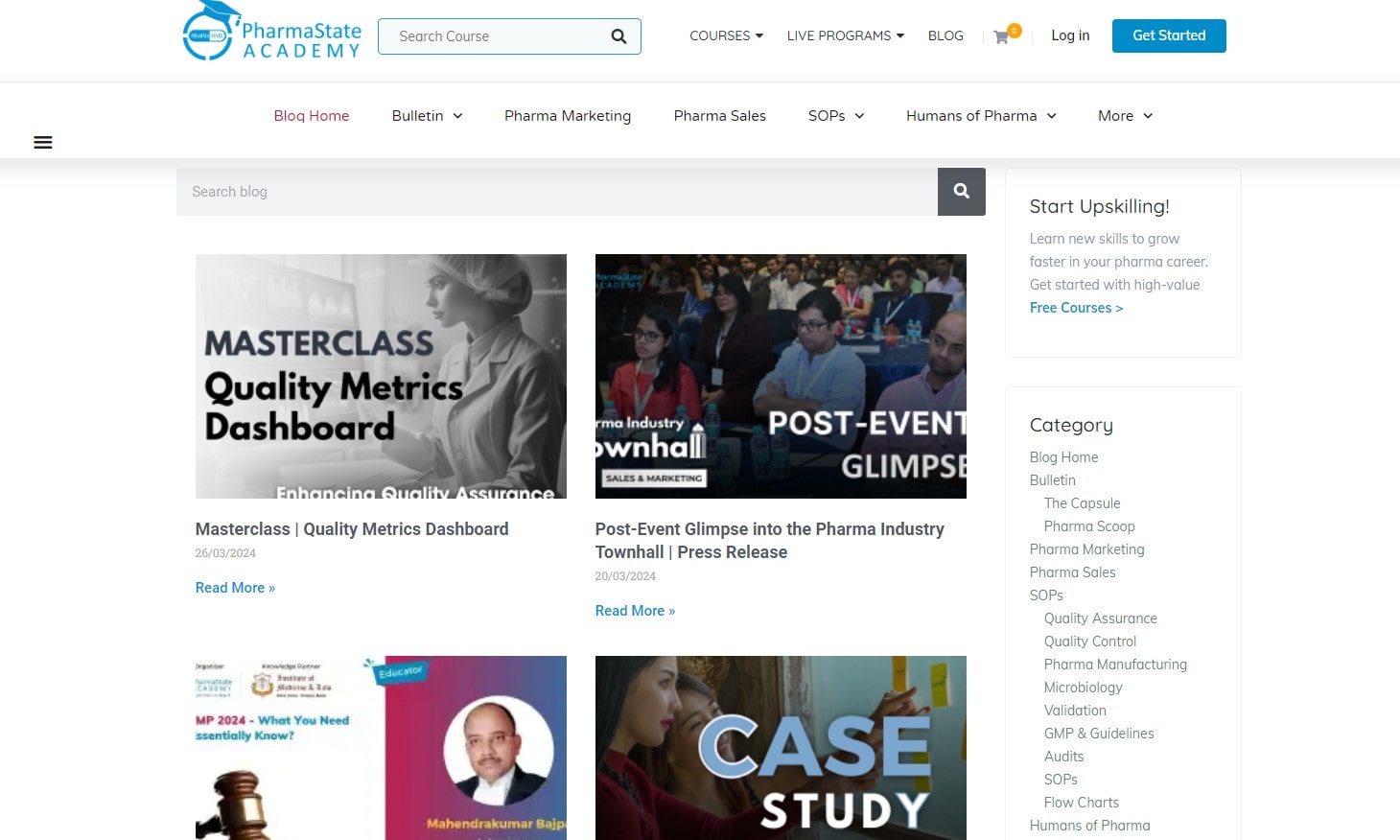
In the pharmaceutical industry, content isn’t just king – it’s the lifeblood of effective communication and trust-building. Crafting quality, compliant content is akin to formulating a drug; it requires precision, understanding, and adherence to stringent guidelines.
Balancing Information with Compliance
Creating content for pharmaceutical SEO is a delicate balance between being informative and adhering to regulatory guidelines. The FDA and EMA set strict rules on pharmaceutical advertising to ensure public safety and accurate information dissemination. Compliance is non-negotiable; a misstep can harm your SEO efforts and lead to legal repercussions. When developing content, provide value through clear, factual information about drugs, treatments, and health conditions. Avoid promotional language and always back up claims with evidence, ideally referencing studies or clinical trials from authoritative sources like PubMed or the FDA’s official website.
The key is to provide information that empowers the reader without overstepping regulatory boundaries. This approach builds trust with your audience, positioning your website as a reliable pharmaceutical source.
Content Types and Formats for Pharma SEO
Diversifying content types can enhance engagement and SEO performance. Consider formats like blog posts, infographics, and educational videos. For example, an infographic can simplify complex drug mechanisms or treatment processes, making them more accessible to a broader audience. Videos can provide detailed explanations or expert interviews, adding a human touch to often impersonal pharmaceutical information.
The goal is to educate and inform, not to sell. By providing varied, high-quality content, you address different user preferences and learning styles, increasing the chances of sharing and linking your content, which are key factors in SEO success.
Recognizing audience demands and regulations in the pharmaceutical industry is crucial to creating compliant content. By striking the right balance and diversifying your content formats, you create a robust online presence that is informative and trustworthy, essential for long-term SEO success.
Leveraging Local SEO and Cultural Relevance
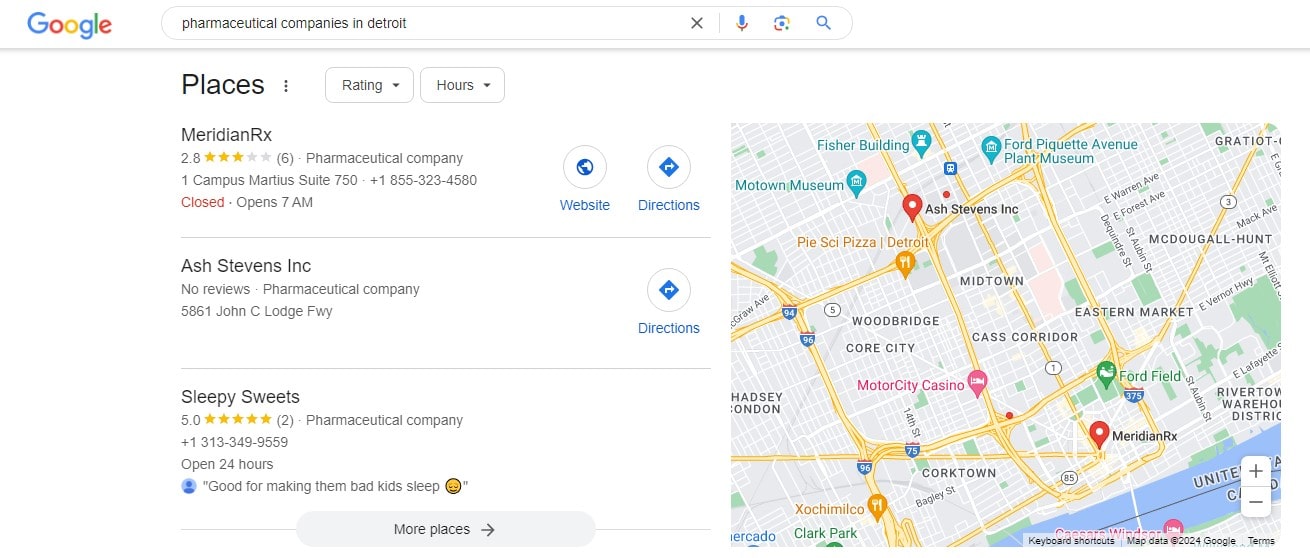
Pharmaceutical local SEO and cultural relevance are like global health needs maps. Each region has unique health concerns and cultural contexts, making localized SEO strategies a powerful tool for reaching the right audience.
Local SEO for Pharma
Local SEO is crucial for pharmaceutical companies, especially when targeting healthcare professionals and patients in specific geographic areas. You should optimize your website for local search terms and validate your business listing on Google My Business. For instance, optimizing for “pharmaceutical companies in [City Name]” can significantly increase visibility among local healthcare providers and patients. Moz emphasizes the importance of local citations and online reviews, which are key ranking factors in local search results. Pharmaceutical companies can position themselves closer to their audience by focusing on local SEO and providing relevant solutions to local health concerns.
Cultural Sensitivity in Content Creation
Cultural sensitivity in content creation is about resonating with your audience’s values and beliefs. It involves understanding and respecting cultural differences in health perceptions and medication usage. For instance, certain health conditions might be more prevalent or approached differently in various cultures. It’s essential to tailor your content to reflect these nuances, using language and examples that the local audience can relate to. Harvard Business Review highlights the importance of cultural intelligence in global business strategies, which is equally applicable to pharma SEO. Pharmaceutical companies can build trust and establish a meaningful connection with their audience by being culturally sensitive.
Pharmaceuticals should use local SEO and cultural relevance to target the correct audience and communicate their needs and culture. This approach enhances SEO effectiveness and builds trust and understanding with your audience.
Technical SEO: Ensuring a Strong Foundation

Consider your pharmaceutical website a cutting-edge facility. Just as the facility needs a solid foundation and seamless pathways for efficient operation, your website requires robust technical SEO to ensure optimal performance. It’s not just about the content; the underlying structure is crucial in how effectively your site reaches your audience.
Website Structure and User Experience
The structure of your website is the backbone of technical SEO. Search engines crawl and index pages easily on a well-organized site with a logical hierarchy. This includes having a clean URL structure, proper use of headers (H1, H2, etc.), and a sitemap that guides search engine bots through your content efficiently. A user-friendly site structure improves SEO and user experience, according to Moz. A frustrated visitor is less likely to engage with your content, no matter how valuable it is.
Mobile Optimization and Technical Aspects
In today’s world, mobile optimization is non-negotiable. Many internet users access information via smartphones, making mobile-friendly websites a necessity. This requires a responsive design, fast load speeds, and image and multimedia optimization. Google’s Mobile-Friendly Test can assess your site’s mobile performance.
Site speed is also important because slow pages increase bounce rates. Tools like Google PageSpeed Insights provide valuable insights into how you can improve your website’s loading time. Secure, encrypted connections (HTTPS) protect user data and build trust.
The technical aspects of SEO are the foundation upon which your online presence is built. By ensuring your website is well-structured, mobile-optimized, and technically sound, you improve your SEO rankings and provide a better experience for your visitors, encouraging longer stays and more interactions.
Enhancing Credibility in Pharmaceutical Marketing with SEO-Focused Strategies
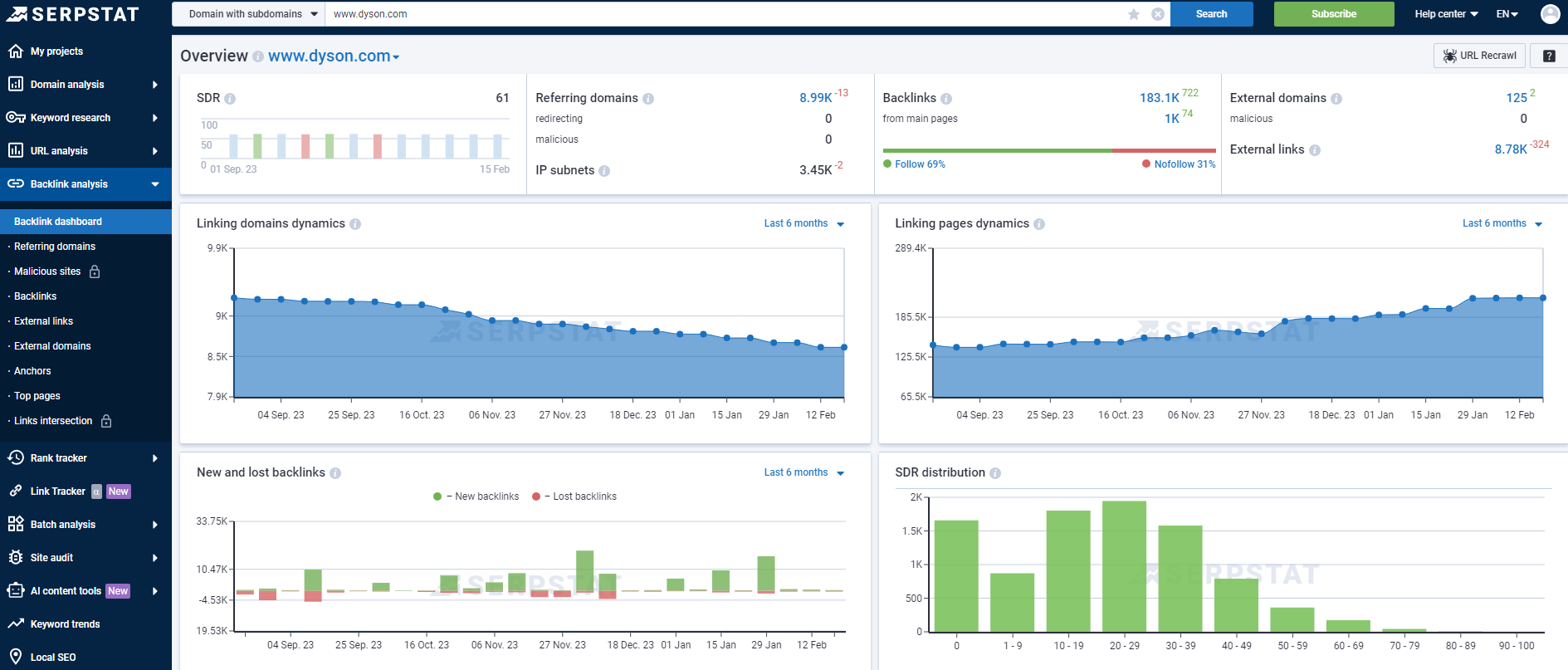
In pharmaceutical marketing, establishing and maintaining credibility is not just advantageous. It’s imperative. This trust-building goes beyond producing informative content; it necessitates a well-devised approach to backlinks and adherence to Google’s E-A-T principles in SEO. In the pharmaceutical industry, acquiring quality backlinks and showcasing expertise online is akin to receiving an endorsement from a renowned doctor.
Obtaining High-Quality Backlinks for Pharmaceutical SEO
Backlinks in pharmaceutical marketing and SEO are digital affirmations of your website’s credibility. Garnering high-quality backlinks from esteemed sources within the pharmaceutical industry acts as a stamp of approval, enhancing your website’s authority in search engine perceptions. Your pharmaceutical content should be informative and worthy of sharing to attract these valuable backlinks. Engage with leading healthcare blogs, pharmaceutical news platforms, and academic institutions to share your expert content or contribute guest posts. Tools like Ahrefs and Moz are instrumental in tracking these backlinks and determining their quality. For pharmaceutical marketing, the caliber of backlinks counts more than their quantity in SEO.
Elevating E-A-T in Pharmaceutical SEO
E-A-T, which stands for Expertise, Authoritativeness, and Trustworthiness, is critical to Google’s evaluation criteria, especially relevant in pharmaceutical SEO. For a pharmaceutical company, exhibiting these qualities means providing content demonstrating their deep knowledge and authoritative stance in the medical field. This is achievable through publishing in-depth research findings, whitepapers, and expert-authored articles. All health claims on your pharmaceutical site must be supported by scientific studies, with references from reputable medical journals or institutions.
On your pharmaceutical website, the ‘About’ page should prominently showcase the expertise and credentials of your content creators, reinforcing the trustworthiness of your information. While user reviews and testimonials can further enhance trustworthiness, they must be handled judiciously to align with regulatory guidelines in pharmaceutical marketing. Forbes highlights the critical role of E-A-T in establishing online credibility, particularly for content related to healthcare and pharmaceuticals.
Building credibility through focused backlink strategies and strong adherence to E-A-T principles is crucial in pharmaceutical marketing and SEO. In a business where accuracy and credibility are crucial, positioning your pharmaceutical website as a trustworthy, authoritative source is more than just enhancing search engine results.
Monitoring and Adapting SEO Strategies
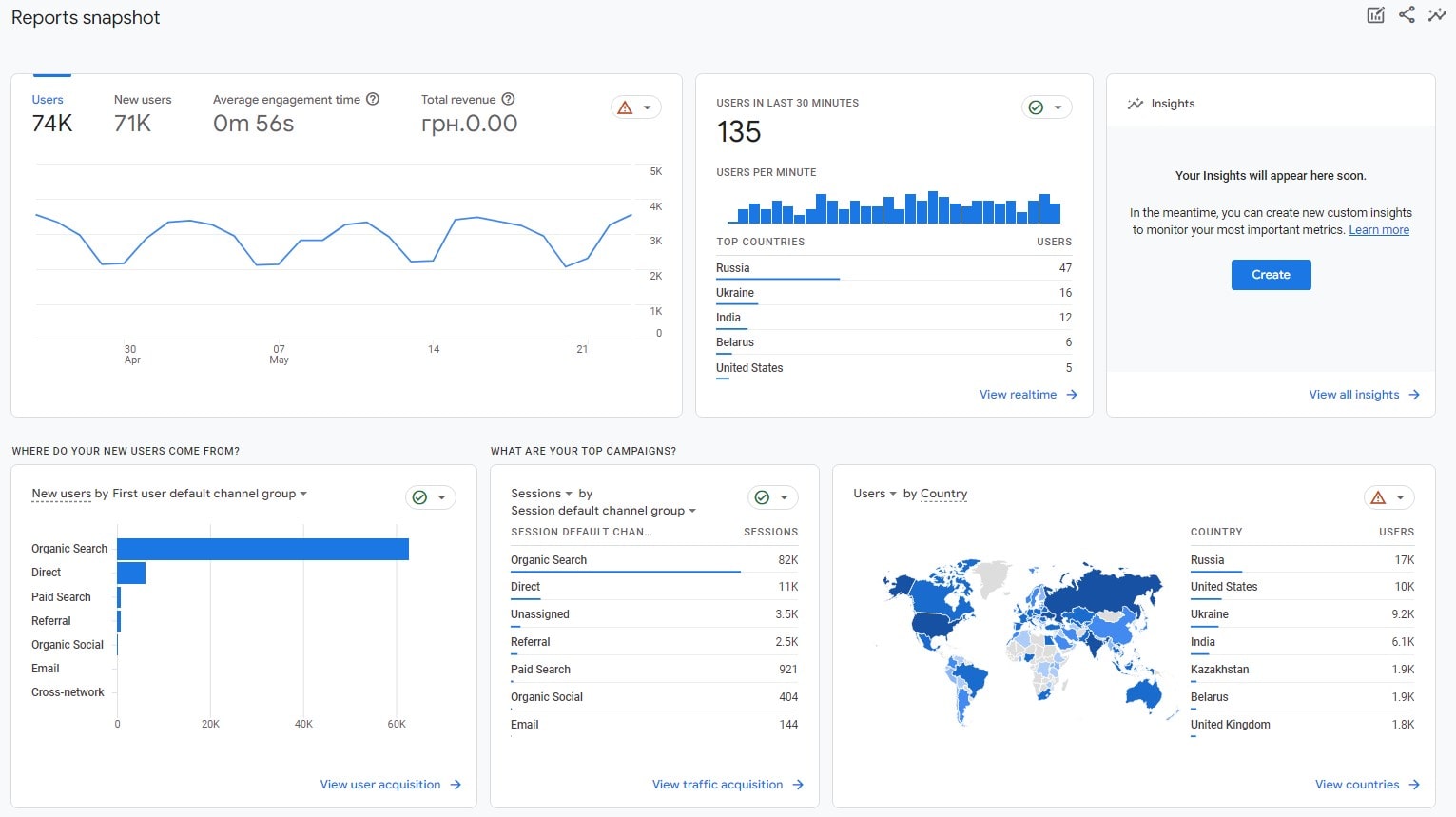
In the dynamic world of SEO, resting on your laurels can mean getting left behind. For pharmaceutical companies, it’s not just about setting up SEO strategies but continually monitoring and adapting them to the ever-changing digital landscape. The key to staying ahead in this race is flexibility and responsiveness.
Monitoring your SEO strategies involves regularly checking key performance indicators (KPIs) like organic traffic, keyword rankings, and conversion rates. Tools like Google Analytics provide invaluable insights into how your audience interacts with your site and where improvements can be made. It’s crucial to keep an eye on these metrics to understand what’s working and what isn’t.
These insights are essential for adapting SEO to changing search engine algorithms and user behavior. This might mean updating your keywords, tweaking your content, or overhauling your site structure. According to Search Engine Watch, adapting to these changes promptly can give you a significant edge over competitors.
In conclusion, the real power of SEO in the pharmaceutical industry lies in its continual monitoring and adaptation. Your pharmaceutical website can maintain and enhance its visibility and relevance in search engine results by staying attuned to performance metrics and being ready to make necessary changes.
Conclusion
In pharmaceutical SEO, the journey is as crucial as the destination. Embracing the strategies discussed, from honing keyword research to building credibility through E-A-T, sets the stage for a formidable online presence. SEO is not a static process but an evolving one, demanding continuous attention and adaptation. As you implement these tips, consider exploring other insightful articles on Plerdy’s blog to enhance your digital marketing skills further. And for a comprehensive analysis of your website’s performance, turn to Plerdy’s SEO tools. These tools help you track progress, identify areas for improvement, and compete in the pharmaceutical industry.
